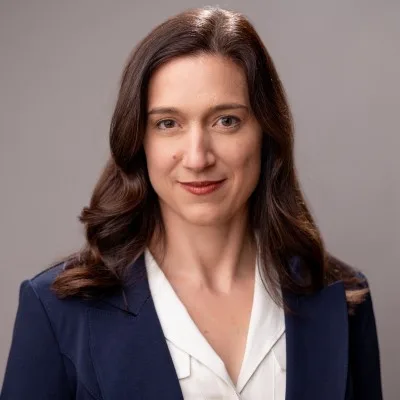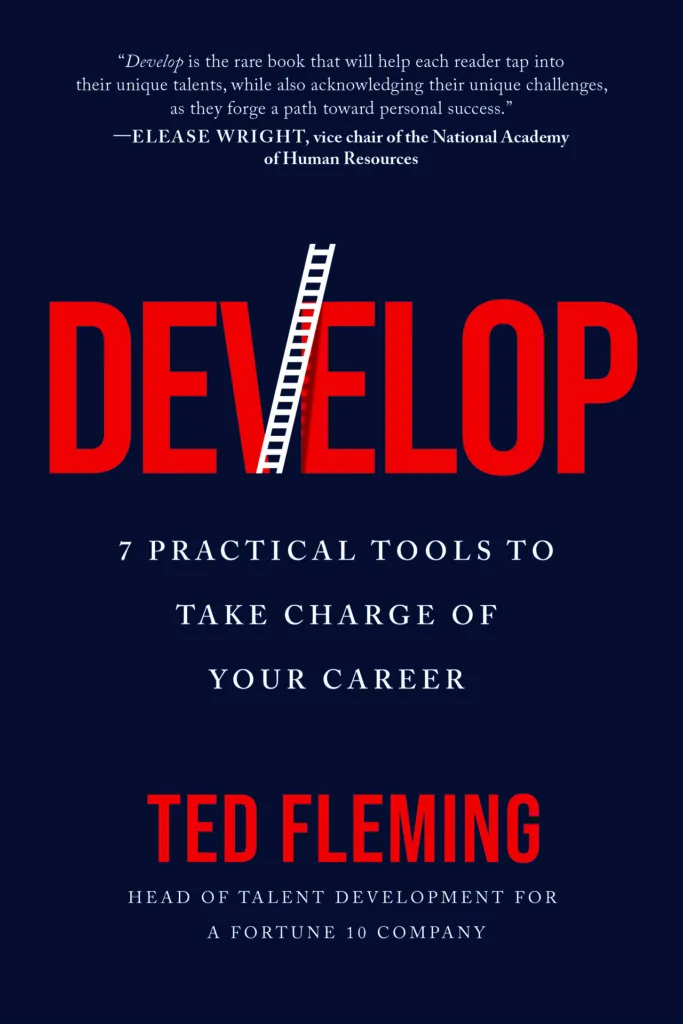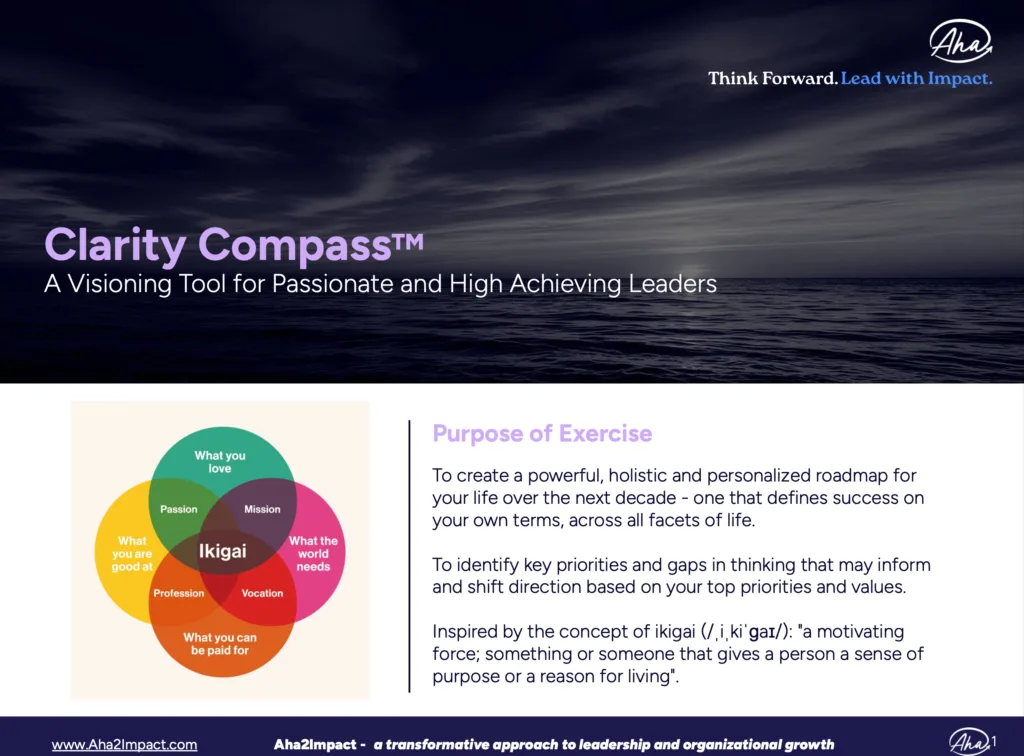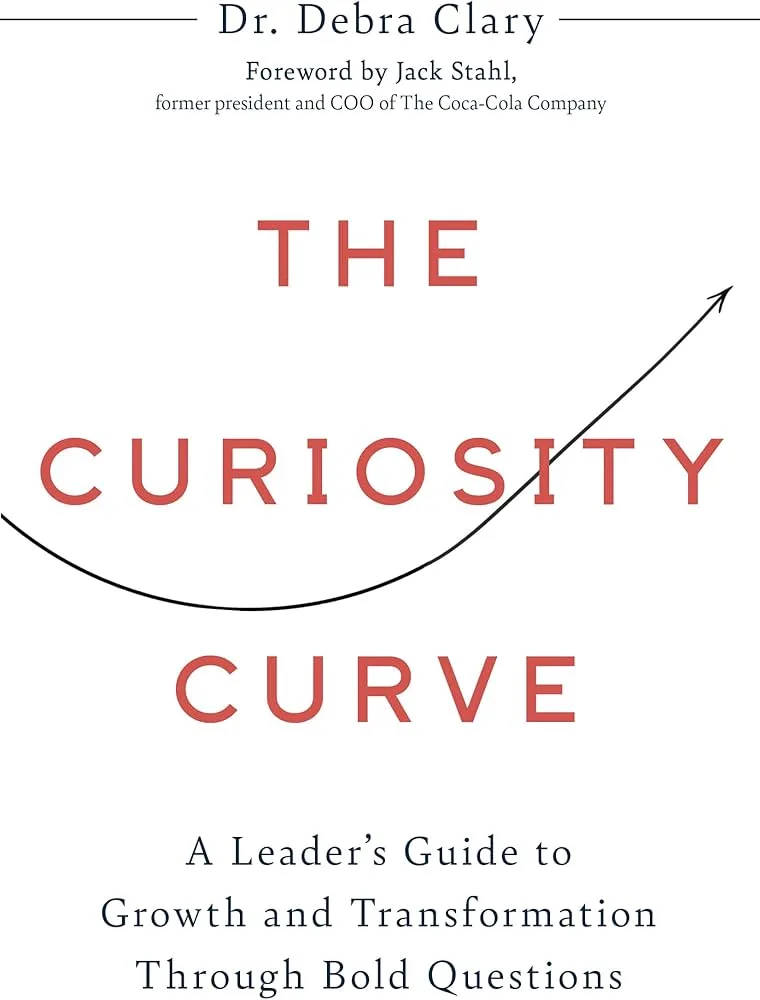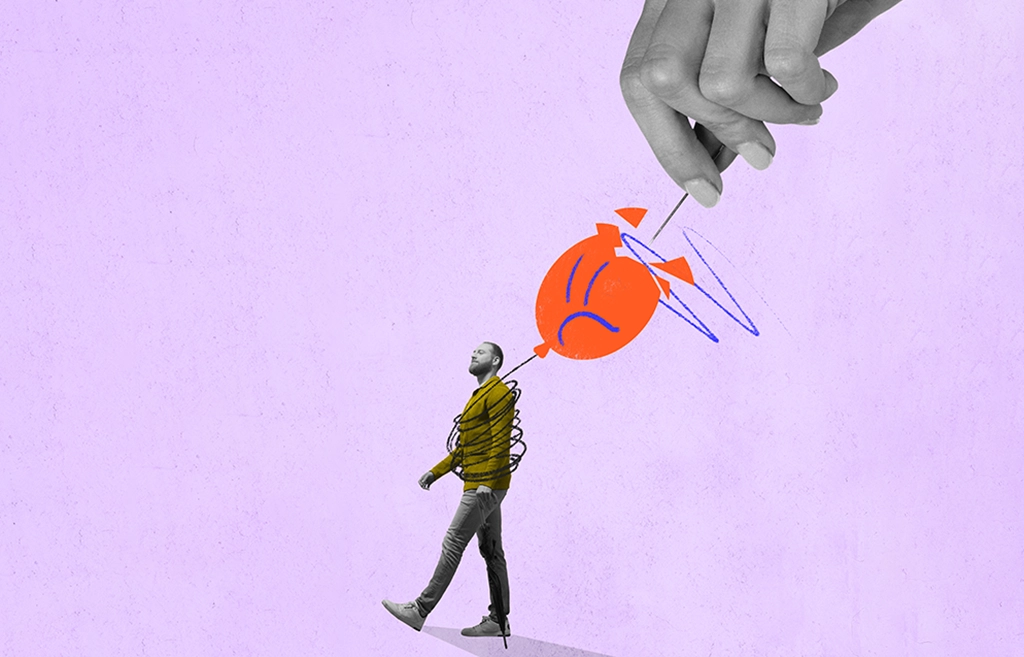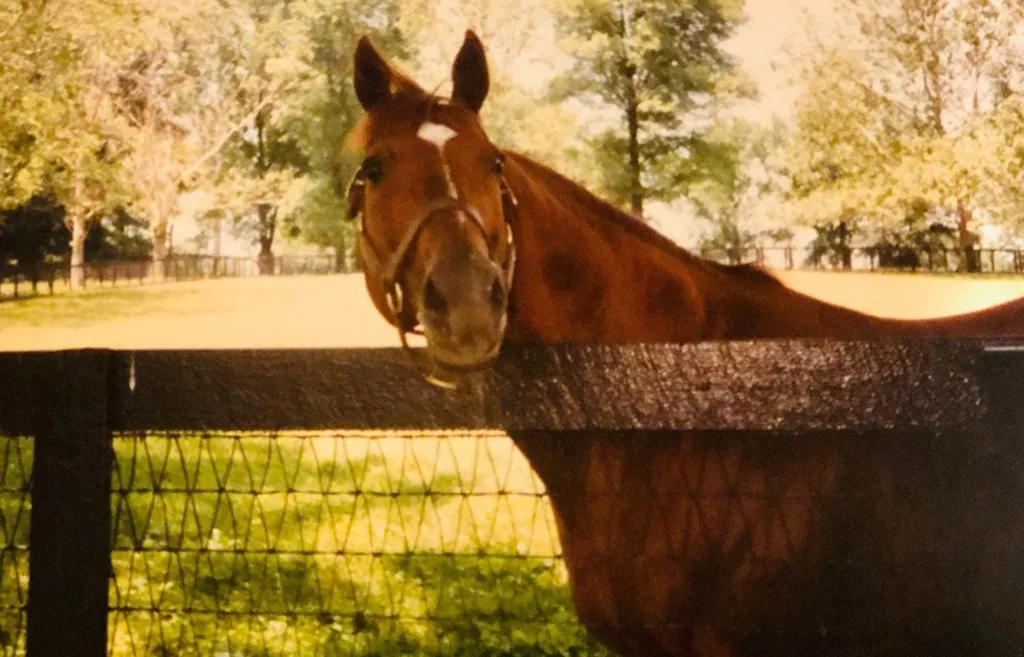Have you ever heard of the term “microburst”?
The National Weather Service defines it as “a localized column of sinking air (downdraft) within a thunderstorm,” capable of unleashing sudden wind speeds up to 100 mph—enough to cause serious damage.
I hadn’t heard of it either until August 2nd, 2024. That’s when a completely unannounced and unexpected microburst hit our town, damaging hundreds of homes, including ours.
We weren’t home when it happened. We were nearby, picking up our kids from camp, packed and ready to visit friends in Boston for the weekend. That’s when we received a frantic FaceTime call from a neighbor showing two massive trees crashed through the front of our house.
The normally 15-minute drive home took nearly an hour as we navigated around fallen trees and power lines. The whole time, my mind raced: How bad would it be? Are our neighbors OK? Were the cats still inside? Were they safe?
It was a shock to see our home unexpectedly shattered and our cats terrified. I felt overwhelmed, disoriented—and, at the same time, grateful that no one had been hurt. I acknowledge what we experienced does not compare to the grief and loss of communities devastated by natural disasters where lives are lost.
Nevertheless, we suddenly found ourselves thrown into a chaotic process with no answers:
- No timeline
- No idea of how insurance worked
- No contractors lined up
- No place to live
- No clarity on how our kids would handle the situation
- No roadmap for how we could navigate the situation
In the first couple of weeks, the weight of uncertainty felt crushing. We grieved not just our home, but “life as we knew it” for the unforeseen future. A couple weeks in, I remember saying to my husband, Paul: “I don’t know if I can handle this – I might break.” It was a low moment sharing those words out loud. And we knew that something needed to shift.
In that moment, we made a powerful choice to lead through the unknown together. We needed to create meaning in this moment and move forward. So, we committed to three things:
1. Be Team Holzer
We committed to be Team Holzer. No matter what, we chose to show up as a united team. We had each other’s backs—no blame, no solo problem-solving, no steam rolling. Just open communication and shared commitment at all times.
2. Know the Horizon
My son wants to be a pilot, so I’ve been learning about flying. Pilots fly in the dark all the time. They can’t see the horizon, but they know it’s there because they have a destination programmed and all the gears and capabilities to get there. We realized we needed to do the same: define the destination and trust the process of getting there. Our destination was simple: be home by year-end and rebuild in a way that made us love the house even more than before. Once we knew our horizon, we felt more steady about the process of getting there, even if we couldn’t always see clearly the immediate road ahead of us.
3. Make Small Moves
When the scope of what needs to happen is complex and overwhelming, one can feel paralyzed by the enormity of what’s ahead. To move forward, focus on the smaller, immediate actions that need to happen. Get momentum and move forward every day.
We love the movie Contact, which begins and ends with the same line: “Small moves, Ellie. Small moves.”
We started making “small moves” every day. We made calls. We made decisions. We celebrated bits of progress.
After our conversation where we aligned on these three things, everything shifted for us. We stopped feeling like victims of a microburst and started acting like co-creators of a new beginning – with agency and determination, we started moving forward. We built a Gantt chart, interviewed contractors, started taking action. Bit by bit, we rebuilt our home. In May of 2025, the last nail went in and we celebrated with a neighborhood gathering.
What I Learned from Microbursts
I’ve learned so much from this experience, realizing that life throws all of us unexpected microbursts – situations that throw our lives upside down in just a few minutes.
In fact, in sharing this story with others, so many people have shared with me their versions of microbursts in their lives and work – major disruptions they have had to navigate and what helped them in those moments.
Unexpected “shock moments” – whether they be personal or professional microbursts – have a way of leveling us. They dismantle plans and challenge how we lead ourselves and others.
In those moments, we need space to grieve, to show ourselves compassion, and to reconnect with what matters most. When we hit the “I might break” point, it’s not a weakness—it’s a signal to reach out, re-anchor on one’s purpose, and create forward momentum.
When the path ahead feels invisible, define your horizon. Rally your people. Take small, deliberate steps.
Because small moves made consistently can become transformation.
